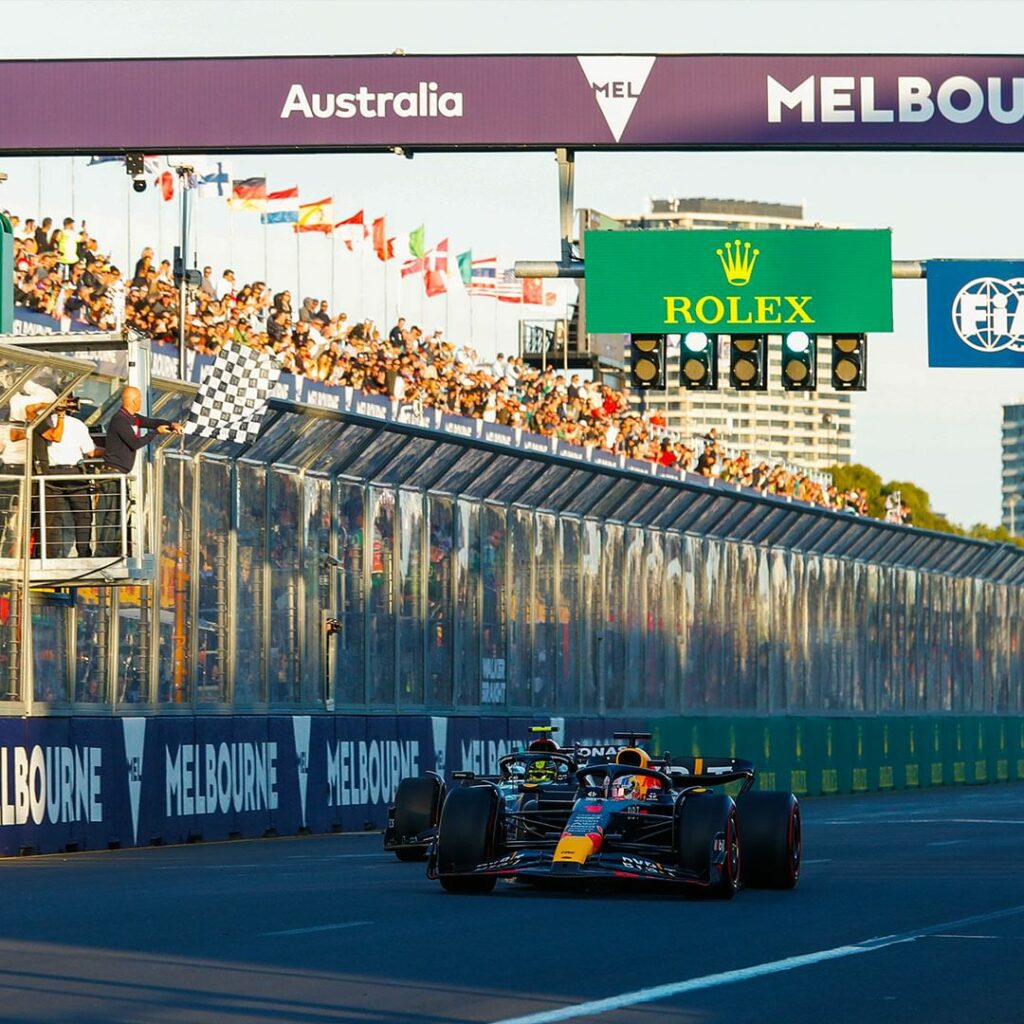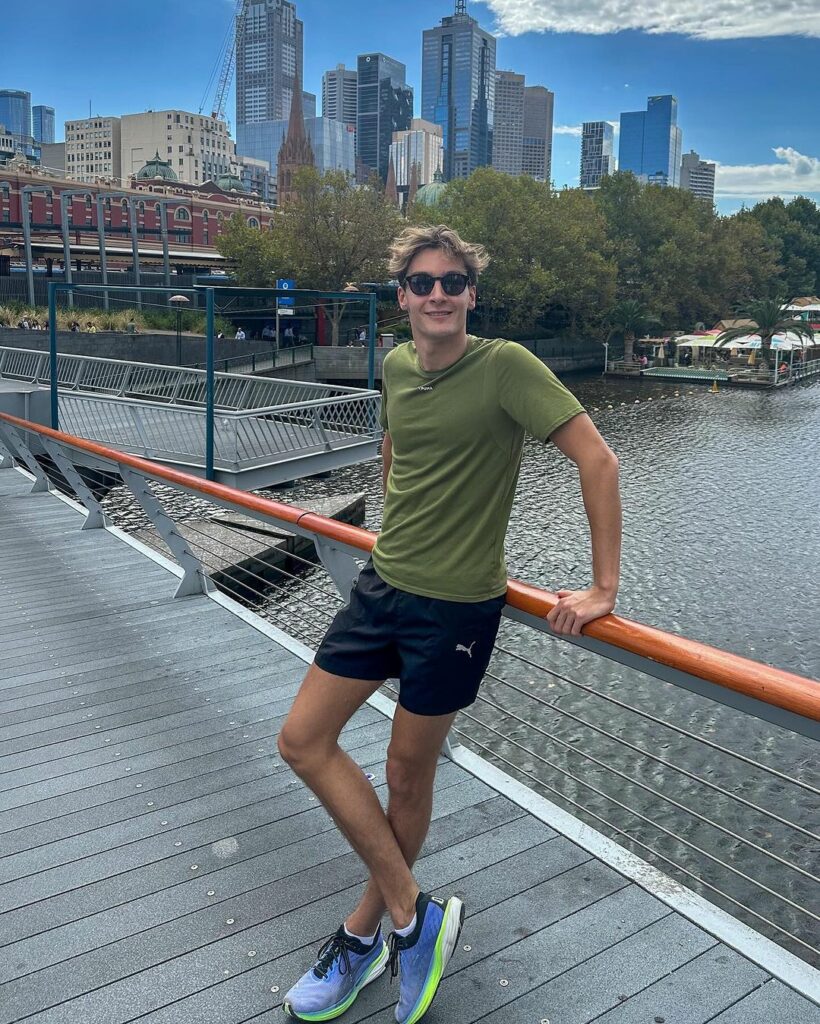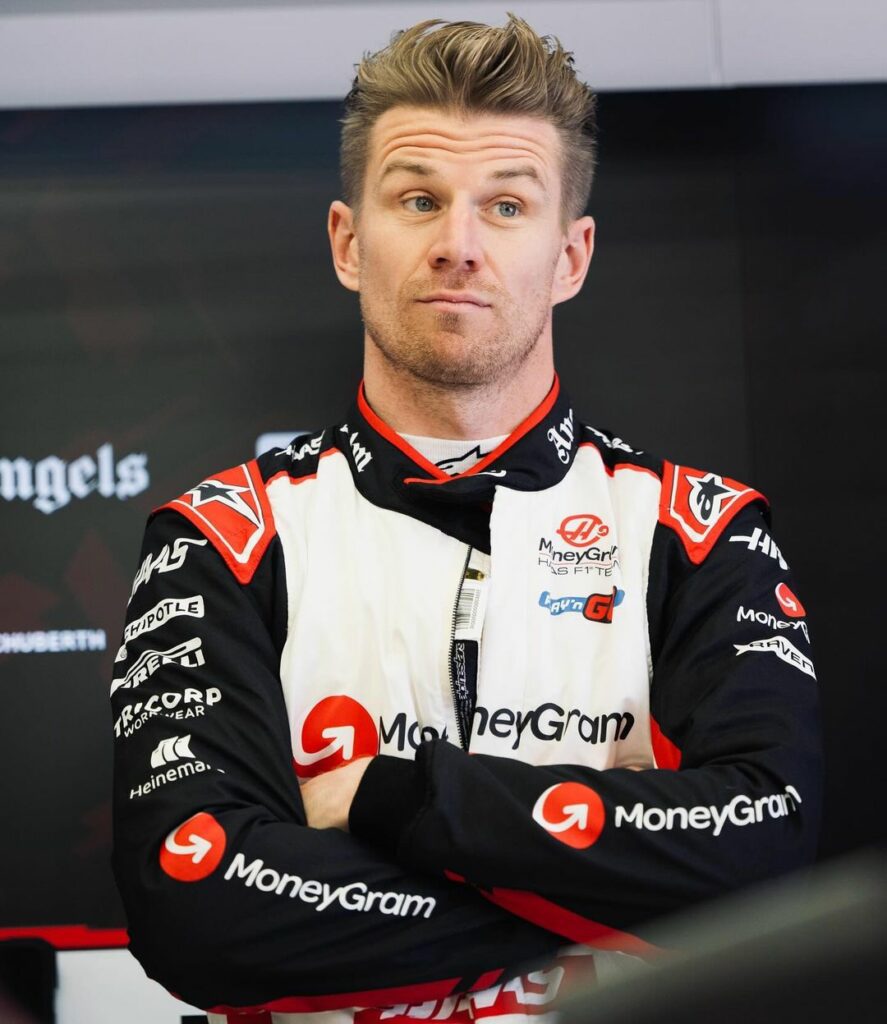Whether you’re a football supporter or not, it’s hard not to have found yourself invested in the Euro Final. From the star players to the Hollywood stars in attendance, to the fact that every post on Instagram seemed to be captioned with “it’s coming home”, the world found itself firmly gripped by football fever. The game itself was tense and full of class athleticism. With both Italy and England drawn at 1-1 after extra time, the game went into a penalty shoot-out, seeing Italy ultimately clinch victory 3-2 after England players Marcus Rashford, Jason Sancho and Bukayo Saka, who are all Black, missing spot-kicks.
The loss was a devastating one for England, one that reverberated around the country. But despite the final result, the efforts of the England team were nothing short of inspiring and worthy of all celebration. It makes the news of sickening racist abuse lobbied at the Black players shocking. After Rashford, Sancho and Saka received racist abuse following the loss, police are now looking at several lines of inquiry into the incident, revealing it would be investigating the “offensive and racist” social media posts published soon after Italy won on penalties.
— Marcus Rashford MBE (@MarcusRashford) July 12, 2021
England coach Gareth Southgate has condemned the abuse as “unforgivable,” leading to calls for social media companies to do more in hunting down the perpetrators of the abuse. The players might have fallen short of their goal at the Euro final, but they have been instrumental both on and off the pitch, serving as role models for people around the world, a testament to leadership, tenacity and a hard work ethic. Rashford has been at the forefront of a campaign against child poverty, one that ultimately saw the British government restore free lunches for thousands of poor children amid the global coronavirus pandemic.
As Southgate explained, “We have been a beacon of light in bringing people together, in people being able to relate to the national team, and the national team stands for everybody and so that togetherness has to continue.”
Taking to social media to address the racism, Rashford wrote: “All I can say is sorry. I wish it had gone differently – I’ve grown into a sport where I expect to read things written about myself. Whether it be the colour of my skin, where I grew up or most recently, how I decide to spend my time off the pitch.”
He added, “I can take critique of my performance all day long, my penalty was not good enough, it should have gone in but I will never apologise for who I am and where I came from. I am Marcus Rashford, 23-year-old black man from Withington and Wythenshawe, South Manchester. If I have nothing else, I have that.”
After the events of 2020 that saw protesters take to the streets around the world in support of the Black Lives Matter movement, it seems sport has merely held a mirror up to the realities that continue to be prevalent within society. In the recent US Olympic trials, the world watched as Olympic hopeful Sha’Carri Richardson had her childhood dreams dashed after testing positive for THC – a chemical found in cannabis – which resulted in a 30-day suspension, making her ineligible to compete in her event at the Olympics. Despite many rallying to support the young star, it became clear that this was an issue of race, reflected in the rigid and outdated rules setup to see Black Olympians fall. Even in the sport of swimming, caps designed for natural Black hair were banned from the Olympics as the International Swimming Federation believed they did not follow “the natural form of the head.”
Now, the Euro final has once again served to spotlight racism that continues to pervade sport and society at large. The English FA Has announced it will give players affected what support it can and that those found responsible for the abuse will face the “toughest punishments possible,” however the issue is one that needs to be addressed on a global scale. This is not an issue confined to the Euros, but one that sees Black players held to an unrealistic ideal, whereby supporters only support them on the condition that they serve them and get the result required. This is a problem far bigger than football and it’s one that needs to change.
















